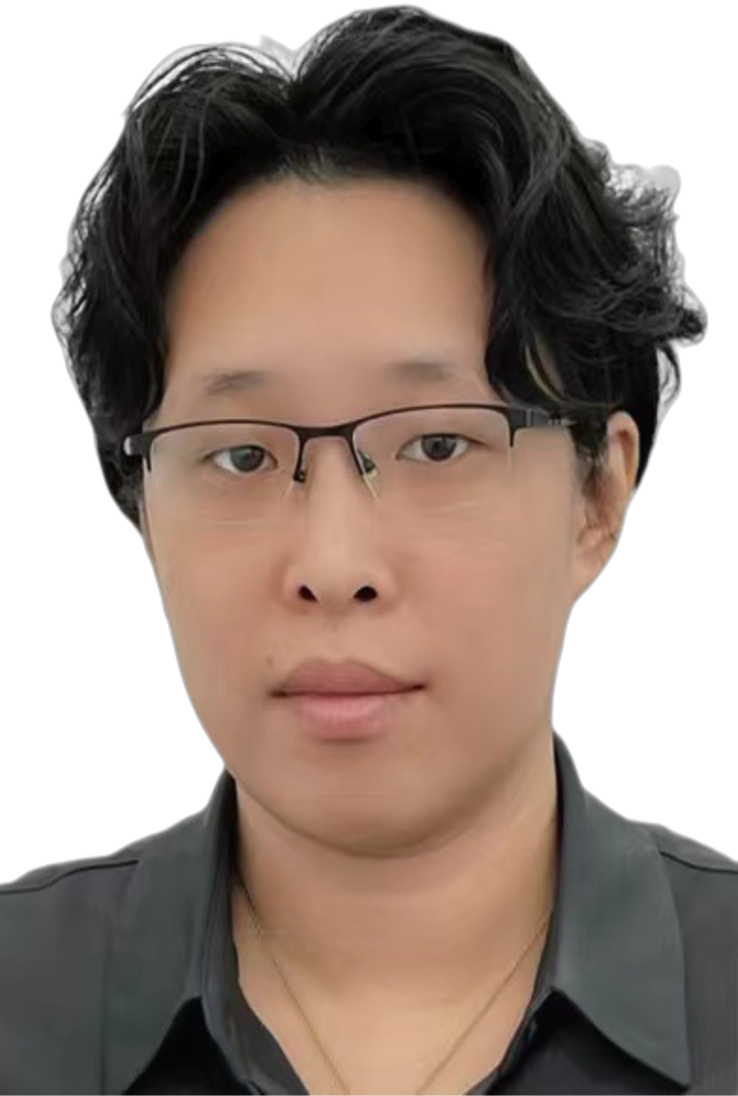
Incorporating the concept of organ donation into life and death education applying the eastern-derived and conceptualized tenets
Wenshi Jiang1,2, Yunling Wang3,4.
1The Second Affiliated Hospital, Medical University of Guangxi, Guangxi, People's Republic of China; 2Society of Organ & Tissue Donation, China Association for Promotion of Health Science and Technology, Beijing, People's Republic of China; 3The Chinese life and death studies and education association, Beijing, People's Republic of China; 4School of basic medical science, Shandong University, Jinan, People's Republic of China
Introduction: Death is the ultimate fate of humankind, of which has been considered an “ominous” topic to talk about when alive at the Chinese culture settings. Life and death education is a subject focusing on meaningful appreciation for quality life experiences and in-depth understanding of death-related matters. It helps individuals cope with pathologies and negative conditions and life experiences. Meanwhile, organ donation is a gift of life for patients with organ failure. Results from a few studies have shown that organ donation, to a certain extent, creates positive attitude toward death and enhances the sense of value and dignity of the terminally ill, and constitute a kind of reverse care for their families and society, as well as respect for the patient's medical autonomy. In this paper, the feasibility, obstacles faced in practice and key solutions to incorporate organ donation into life and death education in China are analyzed through collecting and studying relevant clinical guidelines and literature reviews, learning relevant practical experience, and summarizing the actions we have taken, with a view to providing a basis for the practice of related models.
Method: Over the past 3 years, we have collaborated with the Chinese life & death studies and education association to incorporate organ donation into life and death education by organizing seminars and interdisciplinary academic conferences, publishing journals, and other activities.
Results: Many Chinese allusions have laid an ethical foundation for organ transplantation, organ donation, reform of the concept of death, and organ allocation. In the context of traditional Chinese culture of benevolence and current life education, organ donation always adheres to the concept of "people oriented and life first", which is an effective path to establish a new social concept of death, body, and life values. Incorporate organ donation into life and death education combining the Chinese social and traditional culture, contributed to people to accept and recognize organ donation, and then renew their cognition and concepts.
Conclusion: It is feasible, reasonable and valuable to incorporate organ donation into life and death educations applying the eastern-derived and conceptualized tenets. While inheriting the traditional culture, it is also reflecting on the renewal. At the same time, with the starting point and common goal of improving the quality of humanistic care and medical services for terminally ill patients and their families, we can gradually establish a series of mechanisms for academic exchange, mutual promotion and training, and practical synergy between the two professional fields of life and death education and organ donation to enhance mutual trust and synergy between the two fields, and take practical actions to improve the connotation of services for patients and promote the professionalization and standardization of synergy between the two fields.